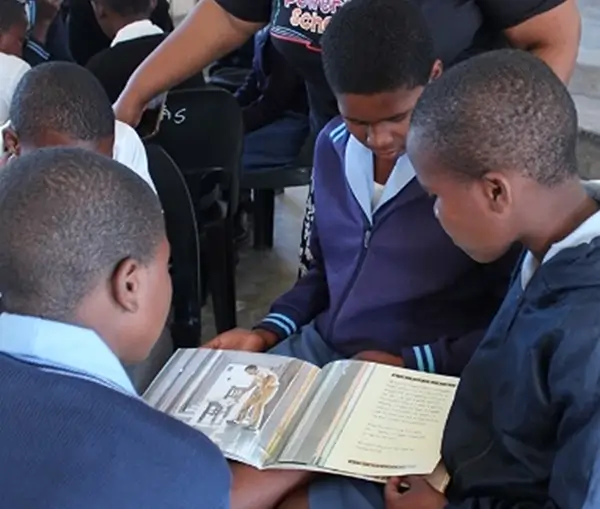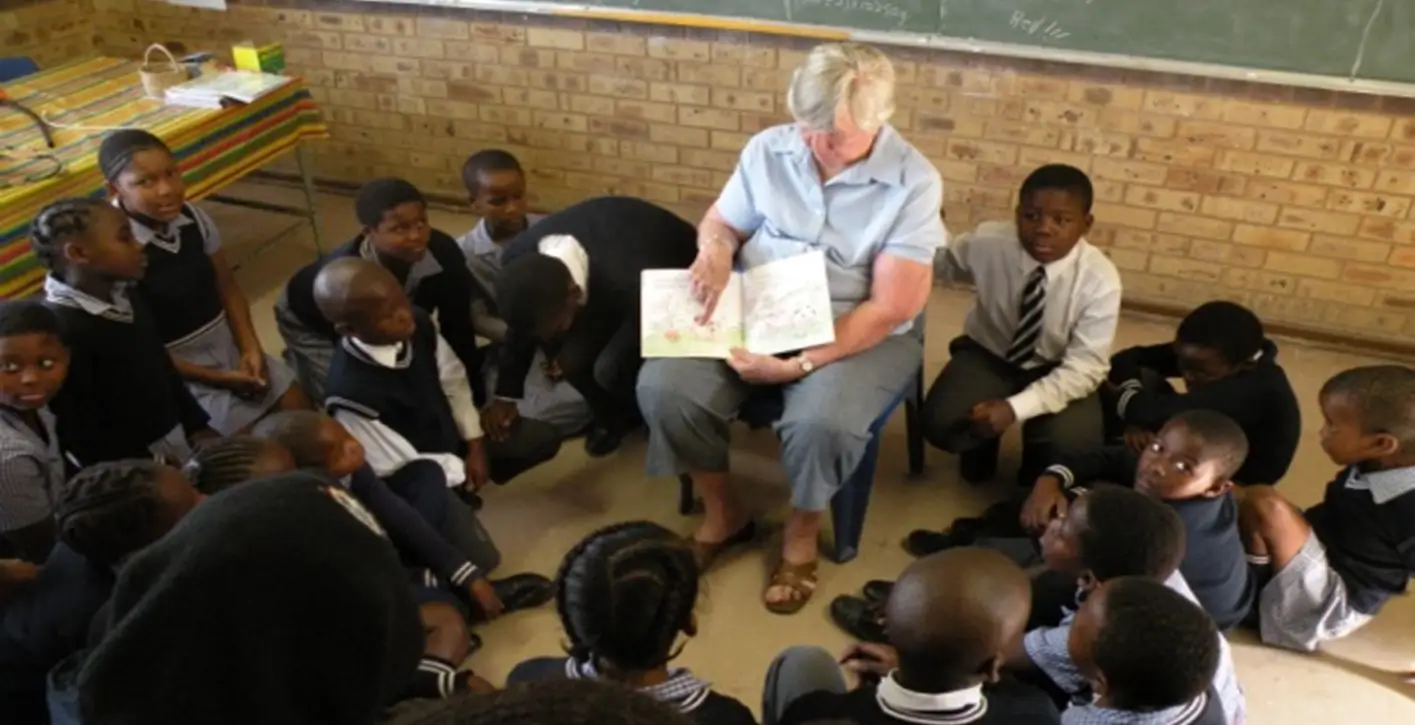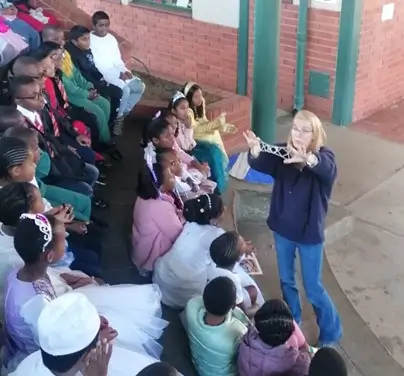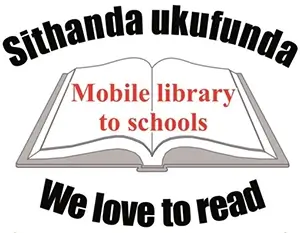What We Do
We operate as a mobile library taking reading books suitable for children aged 5 to 15 years to rural schools on the Lower South Coast of KZN - inland of Port Shepstone, Margate and Port Edward.
We visit 18 Primary school and 5 Secondary schools every term rotating the books every term.. Our books are packed into boxes, sorted by grade from Grade R to Grades 8, 9 &10 at Secondary school.
By rotating books, we try to ensure that every class gets exposed to the books at least once a year.

The importance of developing literacy skills is vital if the learners are to be successful at school.
If a child cannot read they cannot learn!
- Nelson Mandela had a dream that all children in South Africa would have access to books, but it is slow to be implemented.
- While talking to learners in schools in Hammarsdale in August 2013, Cyril Ramaphosa stressed that his business success was due to his love of reading. He said he started collecting books when he was 16 and built up a library by buying second-hand books and at one time read 40 books a year.

Sithanda ukufunda – We love to read aims to help implement Nelson Mandela’s dream and to encourage learners to love reading. Our vision is to provide picture books and story books to children in less advantaged schools in the Margate/Port Shepstone area of KwaZulu Natal.
Initially the learners in Grades R, 1, 2 and 3 will be encouraged to discover the wonder of books - the pictures books help to stimulate their creative imagination, and the stories help to open up their minds to a wider world. In higher grades story books encourage further reading and stimulate their young minds to a world beyond their immediate surroundings, to other children in other countries.
We are also involved in reading aloud to classes of learners at several different schools in our area. Teams of volunteer readers visit the schools every week to read to classes. Research has shown that reading aloud to children helps in numerous ways:
- it is one of the best activities to stimulate language and cognitive skills and also builds motivation, curiosity, and memory
- it promotes emerging literacy and language development
- it lets learners experience the joy of a story
- it models fluent reading
- it helps expand vocabulary
- it builds awareness and empathy
- it reveals the rewards of reading, and develops the listener's interest in books and desire to be a reader
- it improves learners’ long-term reading success
- it helps expand learner’s literacy skills, love of reading, worldview, and more.
Sithanda ukufunda – We love to read functions as a small travelling library visiting schools in the rural arears. With the support and involvement of school principals and the facilitation of class teachers the learners will engage with the books.
We have a small library of books for the learners; the sort of books that children in more privileged homes are exposed to every night when they “read a story” before going to bed, but the majority of learners in the less advantaged homes never see. Pumza Nyawuza, ex - principal at Ebomvini Primary School suggested that both English and isiZulu books are suitable for the learners at these levels

Extract from the chairman’s report at recent AGM
The most recent PIRLS (Progress in International Reading Literacy Study) results released in March 2023 reported that 81% of learners in grade 4 in South Africa could not read for meaning in any language, including their home languages. This illustrates the importance of reading and why so many learners in the schools struggle in all subjects, particularly as all tuition from this grade onwards is conducted in English. This is one of the most critical challenges facing the country and, until resolved, large sectors of the population will continue to be unable to take their place effectively in the world of work.
The highlight of the year was the Phendulani Quiz in which eight schools participated. This annual event was always enjoyed by both the learners and their teachers.’
We exist entirely on outside funding so extra activities are few. However, in the last 18 months we have facilitated in 3 teacher workshops on ‘Reading for Meaning’ run by Deb Avery from LITASA and Mike Hart from ‘Read to Learn’.
